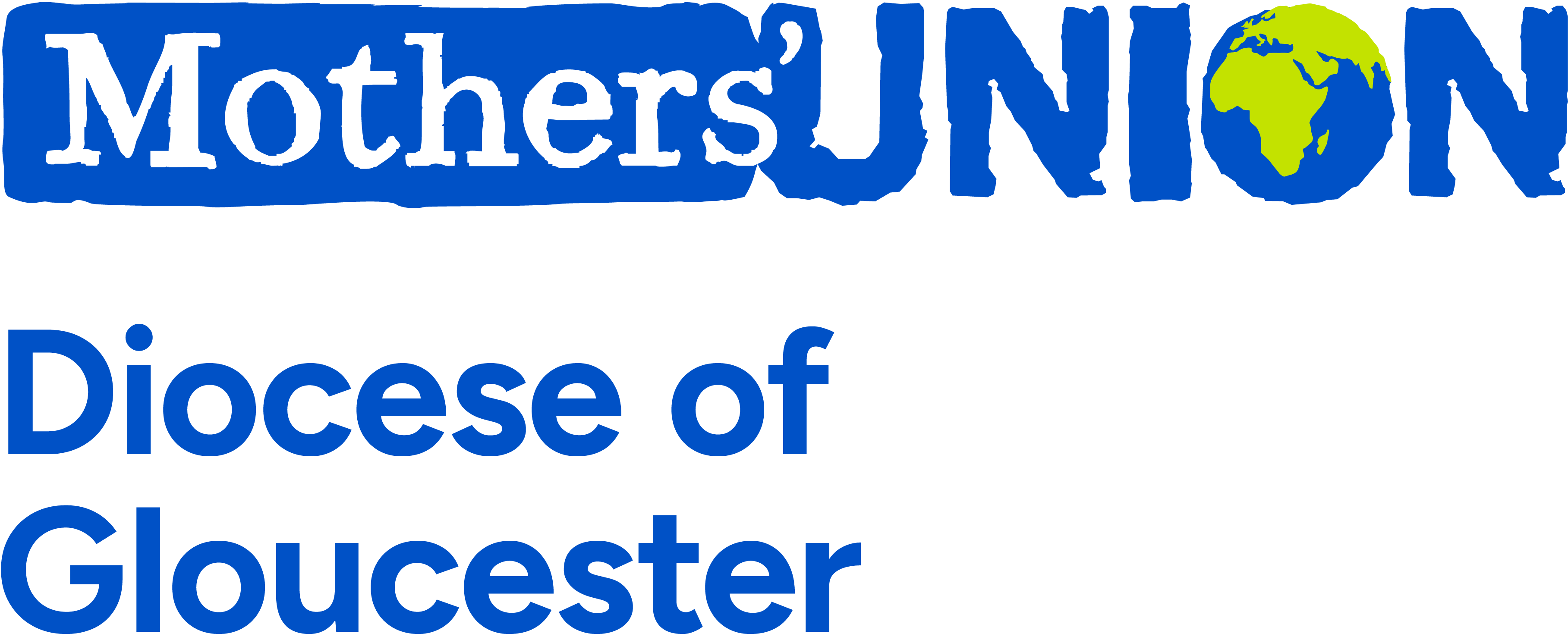AFIA
Mothers' Union AFIA holidays are a practical and important way to help support family life. Each year the MU nationally offers on average 600 families a holiday through the AFIA holiday scheme.
The scheme is funded by the members of Mothers' Union and enables around 1,000 adults and 1350 children to get away for a break in the UK each year. Each diocese has a team of Mothers' Union members who organise the scheme. They will normally help with part of the cost of a holiday or with travel expenses. In some cases they are able to pay the whole cost but diocesan funds are often limited. The scheme is open to anyone who is under stress. Applicants do not have to be a member of a church or any organisation. It is also possible for people to apply personally or on the behalf of someone else. Each application needs the support of one of the following professionals such as a clergyperson, doctor, head teacher or social worker. Other basic information such as when the family last had a holiday and the reason why they would like a break should also be included.
Parenting
One of the special aspects of the Mothers' Union Parenting Programme is the fun and enjoyable way people are taught facilitation skills through a participatory approach. Mothers' Union has developed and extended the support it was already offering to parents in the parish and wider community with its Parenting Programme, which trains members to lead and facilitate parenting groups. Each parenting group varies enormously. Typically a group consists of six to ten parents and meet for six to eight weeks. They share with one another the joys and challenges of being a parent, learn more about the parent child relationship, and develop friendships and mutually supportive networks.
The trained facilitator helps the parenting group become more cohesive, open and able to talk about experiences and ideas.
Facilitators encourage parents to attend groups by pointing out that everyone can have difficult times and sometimes wonder if they are parenting in the best way. Facilitators are not experts and don't have all the answers. They are there to help the groups work closely together and to give encouragement. Videos, books and leaflets are used as the groups share problems and pleasures and help each other in the hardest job anyone can have.

